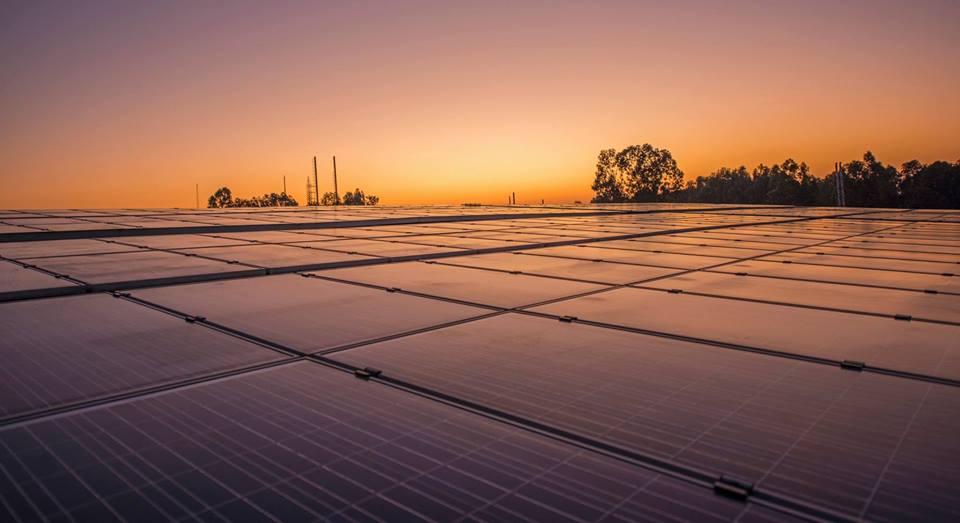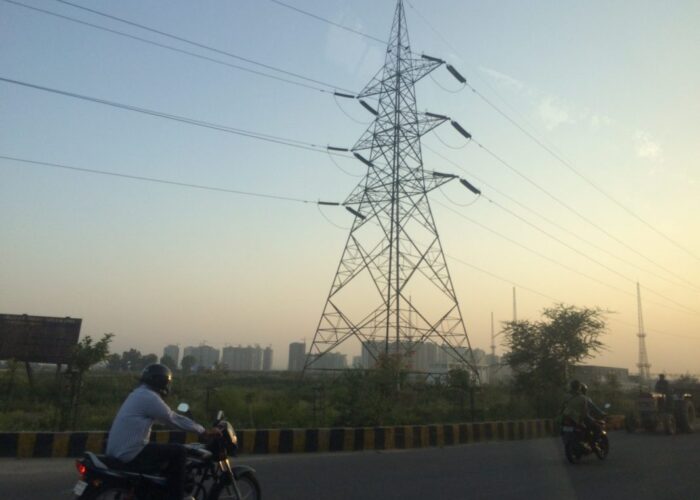
India’s government has increased the basic customs duty (BCD) on solar inverters as part of efforts to bolster domestic manufacturing but has excluded modules from any changes.
Presenting the country’s budget for 2021-2022 yesterday (1 February 2021), finance minister Nirmala Sitharaman said the government is raising the duty on solar invertors from 5% to 20%, with the change coming into effect today.
Try Premium for just $1
- Full premium access for the first month at only $1
- Converts to an annual rate after 30 days unless cancelled
- Cancel anytime during the trial period
Premium Benefits
- Expert industry analysis and interviews
- Digital access to PV Tech Power journal
- Exclusive event discounts
Or get the full Premium subscription right away
Or continue reading this article for free
It was also announced that an exemption of customs duty on all items of machinery, instruments, appliances, components or auxiliary equipment for the setting up of solar projects “is being rescinded”.
Sitharaman said the customs duty policy has the dual objective of promoting domestic manufacturing and increasing the country’s export potential. “The thrust now has to be on easy access to raw materials and exports of value-added products,” she added.
Vinay Rustagi, managing director of consultancy Bridge to India, said the BCD changes have “taken everyone by surprise as the industry was expecting a duty on modules, not inverters”.
“The impact on domestic manufacturing is going to be inevitably positive. Companies like Huawei and SMA with no manufacturing presence in India will lose out unless they set up domestic factories to maintain parity with TMEIC, Sungrow, TBEA, Fimer (ABB), etc.”
In terms of the impact on project developers, the duty increase is expected to result in project cost increases of around 0.5%, according to Rustagi. “But the developers will not welcome another cost increase coming on the back of (unrelated) increases in module and BOS [Balance of System] costs. They should be able to claim change in law relief but that requires a tedious and time-consuming process to validate actual cost increase and impact on tariffs,” he added.
The changes follow a recent announcement by Prime Minister Narendra Modi to offer production-linked incentives for high-efficiency solar modules to help make India “a global manufacturing hub” in the renewables sector. Recognising the “huge promise” that solar offers for India, Sitharaman said yesterday that the government will reveal a phased manufacturing plan for solar cells and panels.
Sitharaman also announced duties for some energy storage components, with inputs, parts and sub-parts for lithium batteries – excluding the lithium cells or circuit boards – seeing a BCD increase from 0% to 2.5%.
Dr Rahul Walawalkar, president of the India Energy Storage Alliance, told sister publication Energy-Storage.news that some provisions in the budget were positive signs towards promoting both the uptake of clean energy and domestic manufacturing. He said the alliance is committed to developing a “robust R&D and manufacturing sector” in India.
Other clean energy developments revealed in the budget included a “capital infusion” of INR10 billion (US$137 million) for the Solar Energy Corporation of India and INR15 billion (US$206 million) for the Indian Renewable Energy Development Agency, while a “hydrogen energy mission” will be launched to support the generation of hydrogen from renewable sources.






